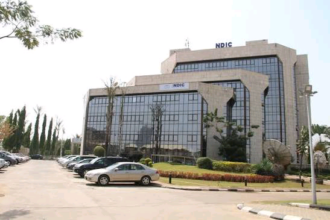The Central Bank of Nigeria (CBN) allocated $547.7 million (approximately N823.19 billion) for food imports in the second quarter of 2024, a significant decrease from the $689.88 million recorded in the first quarter.
This reduction reflects a 20.6% decline in dollar terms and an 8.93% decrease when converted to naira.
Over the first half of the year, the CBN’s total allocation for food imports reached N1.73 trillion.
ATTENTION: Click “HERE” to join our WhatsApp group and receive News updates directly on your WhatsApp!
Monthly spending included $164.43 million in January, $303.91 million in February, and $221.54 million in March, with subsequent allocations of $153.27 million in April, $197.21 million in May, and $197.22 million in June.
These allocations come amid challenges to the Federal Government’s goal of reducing food prices through a duty-free import window announced in July.
Despite this initiative, which aimed to alleviate food inflation by removing duties on key commodities, the average price of imported food items has continued to rise, reaching a price index of 878.3 in September 2024.
READ ALSO: CBN Slaps N1.5 Billion Fine on 10 Banks for Forex Violations
The delay in implementing the duty-free import plan has been attributed to bureaucratic hurdles, including the failure to publish a list of qualified importers.
As a result, food inflation has increased significantly, highlighting the difficulty in stabilizing food prices amid ongoing supply shortages.
Recent data indicates that imported food inflation has surged by 26.81% year-to-date, reflecting growing reliance on foreign food products as local supply issues persist.


